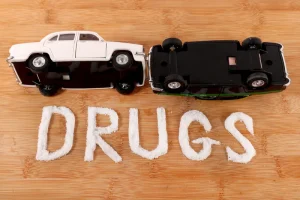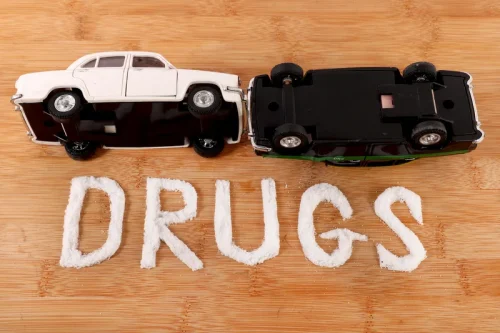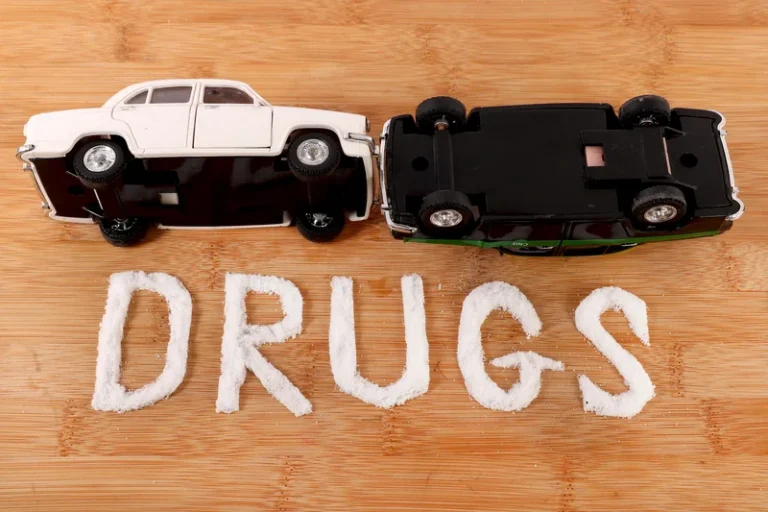Blackout Drunk: Signs, Causes, and Dangers of Blackout Drinking

Alcohol is dehydrating by nature, so making sure you’re drinking plenty of water and staying hydrated is important. Being aware of potential signs of intoxication can also be helpful in understanding your limitations. How much alcohol or substance use is needed to cause a blackout varies based on a person’s height, weight, sensitivity and assigned sex at birth. When you pass out or faint, you experience a temporary loss of consciousness. It’s possible to have a second episode of transient global amnesia, but it’s extremely rare to have more than two. The main symptom of transient global amnesia is being unable to create new memories and remember the recent past.
Alcohol blackouts
While blackouts are a frightening experience, treatment can allow people to lead a normal life without the fear of falling unconscious or losing their memory. With treatment, most people will be able to continue their daily activities. If a person’s blackouts are related to an underlying medical condition, they should stop once the person receives treatment to manage the condition. According to the University of California, San Francisco, one particular type of epileptic seizure that causes blackouts is a tonic-clonic seizure — also known as a grand-mal seizure.
- A blackout ends when your body finally absorbs the alcohol and your brain can make memories again.
- Although this part of the brain can build up long-term tolerance to alcohol, this isn’t true of the hippocampus.
- Alcohol-induced blackouts are often confused with passing out from alcohol,but blacking out and passing out are very different states of consciousness.
- Additionally, blackouts may occur at far lower thresholds among younger populations.
- People who experience a fragmentary blackout may think they can’t remember what happened the night before, but their memory comes back when someone or something reminds them.
- The Daily Drinking Questionnaire (Collins, Parks, & Marlatt, 1985) was included as a face valid measure of alcohol use at baseline.
- Excessive alcohol use, stress, medication, and epilepsy can all cause blackouts.
Alcohol and long-term memory

An alter may not be aware of the outside world for a period of time but still be to some degree active and aware in an internal world. As internal worlds do not always run parallel to the outside world, an alter may spend what feels to them like a week inside only to return to the outside world and find that months have passed in their absence. In such a case, the alter does not feel like they were completely unaware of anything, but they were not aware of the outside world or its happenings. Studies also suggest that prenatal exposure to alcohol increases a person’s chance of experiencing blackouts in the future, and certain genes may increase a person’s likelihood to black out.
- How much alcohol or substance use is needed to cause a blackout varies based on a person’s height, weight, sensitivity and assigned sex at birth.
- The test is free and confidential, and no personal information is needed to receive the results.
- But sometimes, auditory or visual cues can help a person piece together memories of what happened during a blackout.
Medical usage
- At this level, forming and maintaining relationships can become almost impossible.
- During a blackout, an intoxicated person can still function as normal.
- The latter study found that women experienced the side effects after drinking only half as much as men.
- General tips for improving memory include staying physically and mentally active by exercising and playing word games or reading, spending time with others to lessen depression and stress, getting enough sleep, and eating a healthy diet.
- Alcohol impairs your ability to form new memories while intoxicated.
- Kristen Fuller, M.D., is a physician and a clinical mental health writer for Center For Discovery.
Many doctors think it may be related to migraine because as many as 30% of people with TGA have had migraine attacks. Others believe it might be due to a problem with blood flow in your body, where your veins might have too much blood due to a blockage (vascular congestion). Risk for harmful or hazardous drinking, measured using the Alcohol Use Disorders Identification Test (AUDIT).

- If you take one of these drugs — or even something not on this list — and are worried about your memory, ask your doctor if you can switch to something else.
- In the case of significant moderation, exploratory analyses were conducted, examining alcohol-induced amnesia as a moderator of the indirect intervention effect on alcohol-related consequences through (a) protective behavioral strategies or (b) peak BAC.
- BrACs of 20g/dl and above are typically required to induce a blackout, thereby limiting theability to safely dose research participants to the point of blackout.
- Alcohol impairs your ability to walk, speak, react, and remember events.
- In a study of 2,546college students, LaBrie and colleagues(2011) found that a family history of alcohol problems increasedthe likelihood of blacking out.
- With treatment facilities scattered across the country, AAC offers detox, inpatient and outpatient treatment, sober living, and more.
These environmental factors, in turn, could createstress and contribute to early initiation of alcohol use and maladaptivedrinking behaviors in her offspring, especially sons, who are geneticallypredisposed to alcohol misuse and alcohol-induced blackouts. Given thepotential impact of these findings on prevention and intervention programs,additional research examining genetic and environmental factors contributingto alcohol-induced blackouts is needed. While women tend to reach a higher peak BAC faster than men—mostly because they usually weigh less than their male counterparts—binge drinkers are also at risk for blackouts. According to data from the 2021 National Survey on Drug Use and Health, among the 133.1 million people who consumed alcohol in the U.S., roughly 45% had participated in binge drinking in the last month. Questions about blackouts during routine medical visits could serve as an important simple screen for the risk of alcohol-related harms.
Background

While the pronounced benefit of personalized feedback interventions for individuals who have recently experienced alcohol-induced amnesia is promising, this differential intervention effect was not attributable to increased use of protective behavioral strategies. This finding is especially curious, since intervention participants who had experienced alcohol-induced amnesia did report decreases in peak BAC, which implies that participants were moderating alcohol intake. It is possible that this lack of effect was due in part to measurement error in the protective behavioral strategies scale. Thus, it is blackout amnesia possible that intervention participants increased these behaviors as a result of the intervention and these changes were not captured in the protective behavioral strategies outcome measure. This hypothesis is supported by the fact that research published after the initiation of this trial added five items to the scale to improve its content validity (Treloar, Martens, & McCarthy, 2015). Perhaps the greatest impediment to rigorous tests of alcohol-inducedblackouts and behavior is that researchers are not ethically permitted toprovide alcohol in sufficient doses to cause a blackout to occur.
